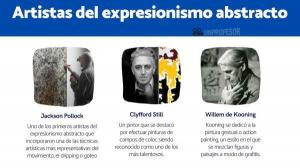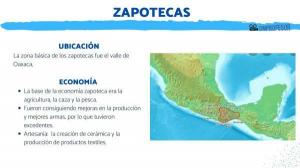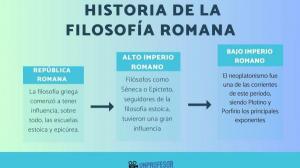Discover what are universals in philosophy
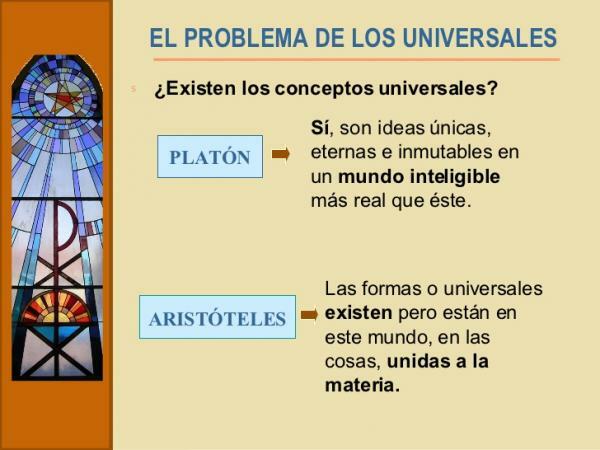
Image: Slideshare
In this lesson from a TEACHER we will discuss Universals in philosophy, a concept widely discussed by the medieval scholasticism, next to the species and. Two different streams, argued about the existence of the same, the nominalists, who thought that universals were nothing more than the names of things, of the particular, which is the only thing that exists and the realists who defended the existence of universals as extramental and ideal realities. If you want to know what are universals in philosophy, continue reading this lesson.
Do universals exist as abstract entities and prior to things? Or, are they universals after things and only exist in things? Or, from a more radical point of view, do they exist only in our minds as concepts or names of things?
First, you need to define this term. Well, the universal is the opposite of the particular, of concrete things, of the singular. Therefore, the universal is conceived as a abstract entity, which either exists before things or is only in them, as a concept. The universal is understood as the essence of things and the debate focuses on whether it is outside or within them.
The universal would be that common to all individuals of the same species. When we speak of universal, we speak of something specific to the individual and without which it would not be the same. This can be expressed in a concept, which always refers to a totality.
Ontology, a branch of metaphysics that studies being or reality, will try to explain what are the universal, although it is true that the debate has had logical and epistemological repercussions, as happened in the Middle Ages.
Nominalism
The nominalistsdefend the existence of universals as abstract terms or names, but not as separate, abstract entities of things. Everything else is nothing more than singular and concrete things. There are no universals, only general predicates, which constitute the essence, that common thing that things have. The main representative of nominalism is Gillermo de Ockham.
Ockham he was a radical nominalist who claimed that universals were nothing more than the names of things. There is only the singular, the concrete, the particular Plurality should not be postulated unnecessarilysaid the philosopher.
Ockham's nominalism had great repercussions in the field of biology, theology, linguistics, economics, statistics, music, medicine or physics, thanks to the formulation of the principle known as the ockham razor, which goes to say that other things being equal, the simplest explanation is almost always the correct one. This is, causes should not be multiplied unnecessarilyTherefore, there is no need to multiply the entities. A principle of great relevance for the later development of science.
The realism
This current affirms the existence of abstract and independent entities of things, coming to defend, during the Middle Ages, the real existence of Plato's ideas.
Within this current, we can speak of two other well-differentiated positions, which, although they defend the existence of universals, are not so radical in their conclusions:
The moderate realism of Saint Thomas Aquinas, which affirms that universals are the essence of things, but not separated from them, but as an abstract entity, which can only become known through reason.
The Pedro Abelardo's conceptualism, affirms that universals exist outside of things, although only as an idea, as an entity, within the mind.
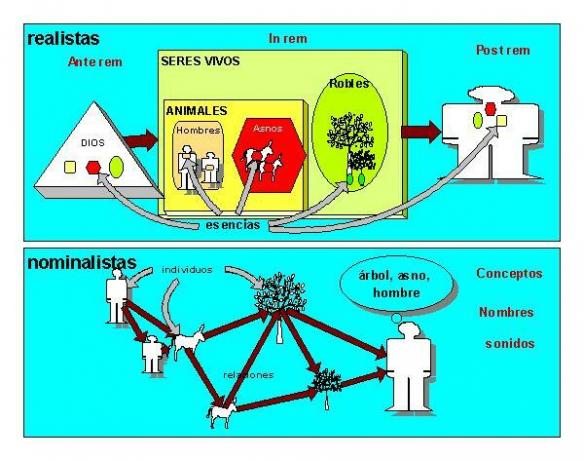
Image: Academic journal
The origins of this problem must be found already in Plato, in his theory of ideas, although it is in the Middle Ages that, thanks to Ockham and his principle of economy or parsimony, it is possible to put an end to this ontological debate, with repercussions in all fields of to know. In fact, from that moment on, the course of science took a radical turn.
Plato postulates theexistence of two worlds:
- The sensible world, that of particular things, which is known through the senses.
- The intelligible world, that of ideas, which can be accessed through reason.
The intelligible world is prior to that of things and it is the only true one. The sensible world is nothing more than appearance, an imperfect copy of the real world or world of ideas. Plato defends a world in which the ideas of beauty, of good, of justice, of man, of animal, etc... have a real existence, and particular things imitate them. This position is within an exaggerated realistic current, which affirms the existence of ideal realities outside of things, copies of them.
Aristotle criticize the Plato's Theory of Ideas, and in front of his teacher, he claims that the true being is in concrete things, in the individual, and not in the universal. The universal is within beings, constituting their essence, and can come to be known through reason.
In this other lesson we will talk about the Debate of Universals in Classical and Medieval Philosophy.
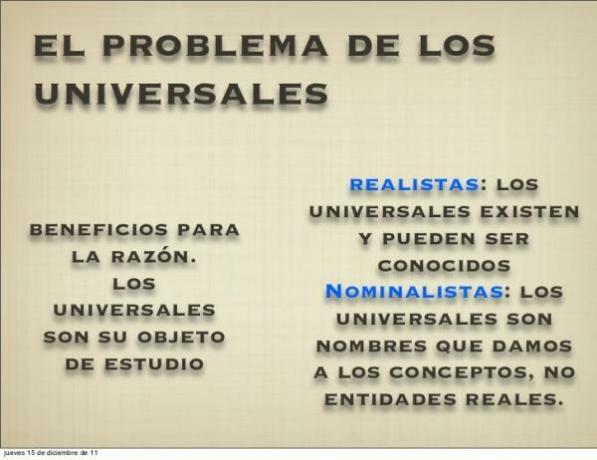
Image: Inbox - Ace Admin

